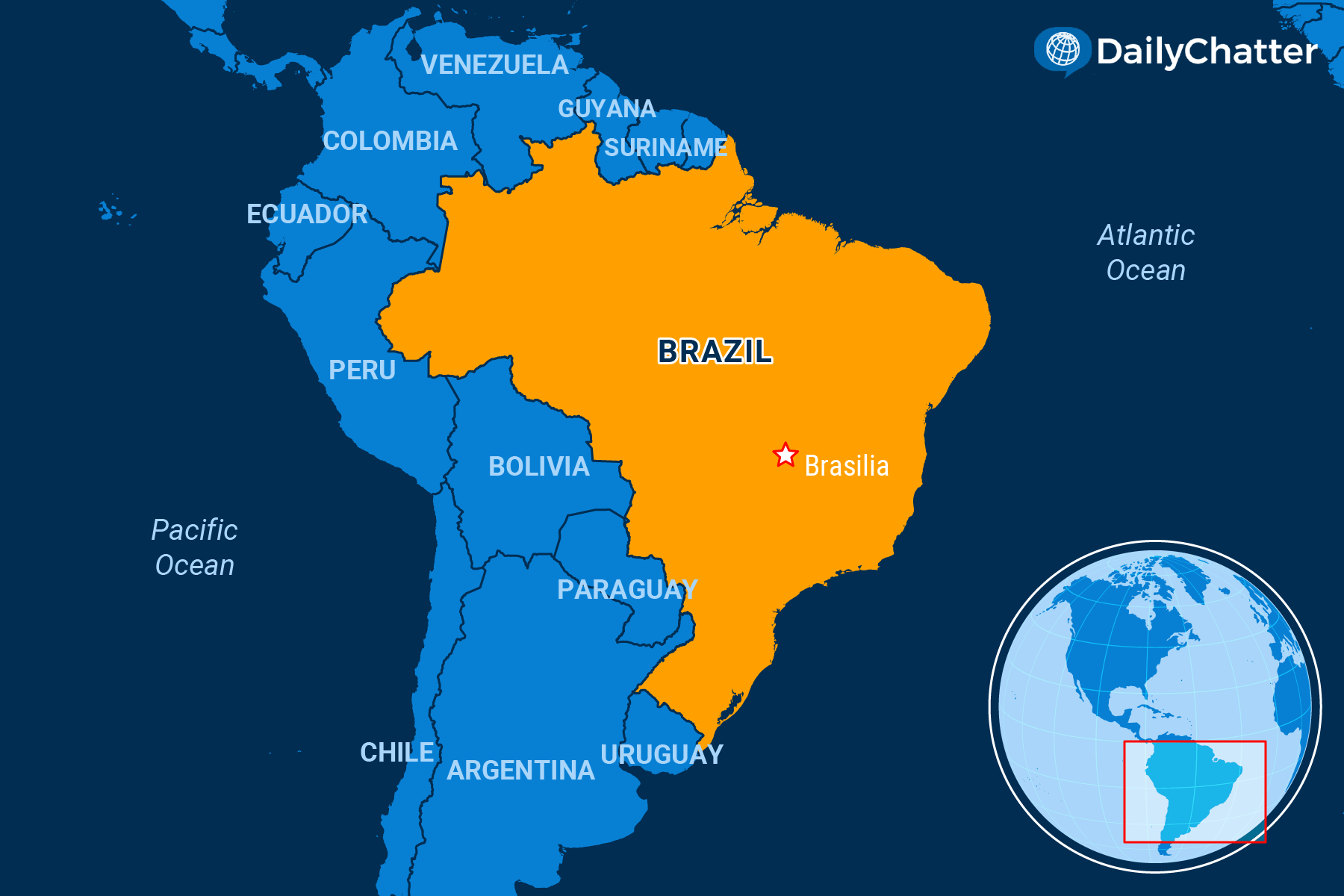
The World Today for November 23, 2023
NEED TO KNOW
Old Money
BRAZIL

Slave trader Jose Bernardino de Sá was one of Brazil’s wealthiest people in the mid-1800s. He trafficked nearly 20,000 Africans to the South American country, using his proceeds to build roads and farms, and to finance the Banco do Brasil, which is today the country’s oldest and second-largest financial institution.
This Hispanic American Historical Review article delves into de Sá’s close ties with the Brazilian government, illustrating how slavery and Brazilian history are intertwined. The Wilson Center also discussed how slavery drove the Brazilian economy for 350 years. Brazil, incidentally, was the last nation in the Americas to abolish slavery, in 1888. Former slaves still faced repression and discrimination, too, a Nation magazine book review added.
Now, reported the Washington Post, Brazilian government lawyers have filed a complaint in court calling on the bank to acknowledge its role in the global slave trade, and outline a plan for reparations to the descendants of those victims who were torn from their homes in Africa and compelled to toil by clearing land, farming, mining, and serving their masters.
Bank representatives said the institution broke no laws at the time – so they didn’t see how they could be held responsible for the actions of their founders.
“Banco do Brasil emphasizes – vehemently – that it feels deeply sorry for this unfortunate chapter in the history of humanity and our society,” said the bank in a statement. “Enslavement for hundreds of years caused irreversible damage to the people enslaved at the time and their descendants. Therefore, it is a moment in history that must be remembered and discussed.”
Brazil adopted a policy of “collective amnesia” after abolition in 1888, the Guardian wrote. Prosecutors are asking the bank to share information about their links to slavery and consider research projects and other spending that might address this suppressed history.
Their efforts might already be paying off. The great-great-granddaughters of coffee baron Domingos Custódio Guimaraes, inspired by the conversations that the prosecutors have triggered, funded academic research about their family’s dark, slaveholding past that they made public.
These moves might be reverberating across the Atlantic, too. Recently, Portuguese President Marcelo Rebelo de Sousa said his country needed to admit and take responsibility for its role in the global slave trade, reported the Anadolu Agency. The stories have certainly highlighted how unscrupulous employers in Brazil, from a brewery to ranchers in the Amazon, often keep their workers in slave-like conditions, Euronews wrote.
The past contains plenty of dirty business.
To read the full edition and support independent journalism, join our community of informed readers and subscribe today!
Not already a subscriber?
If you would like to receive DailyChatter directly to your inbox each morning, subscribe below with a free two-week trial.
Support journalism that’s independent, non-partisan, and fair.
If you are a student or faculty with a valid school email, you can sign up for a FREE student subscription or faculty subscription.
Questions? Write to us at [email protected].
